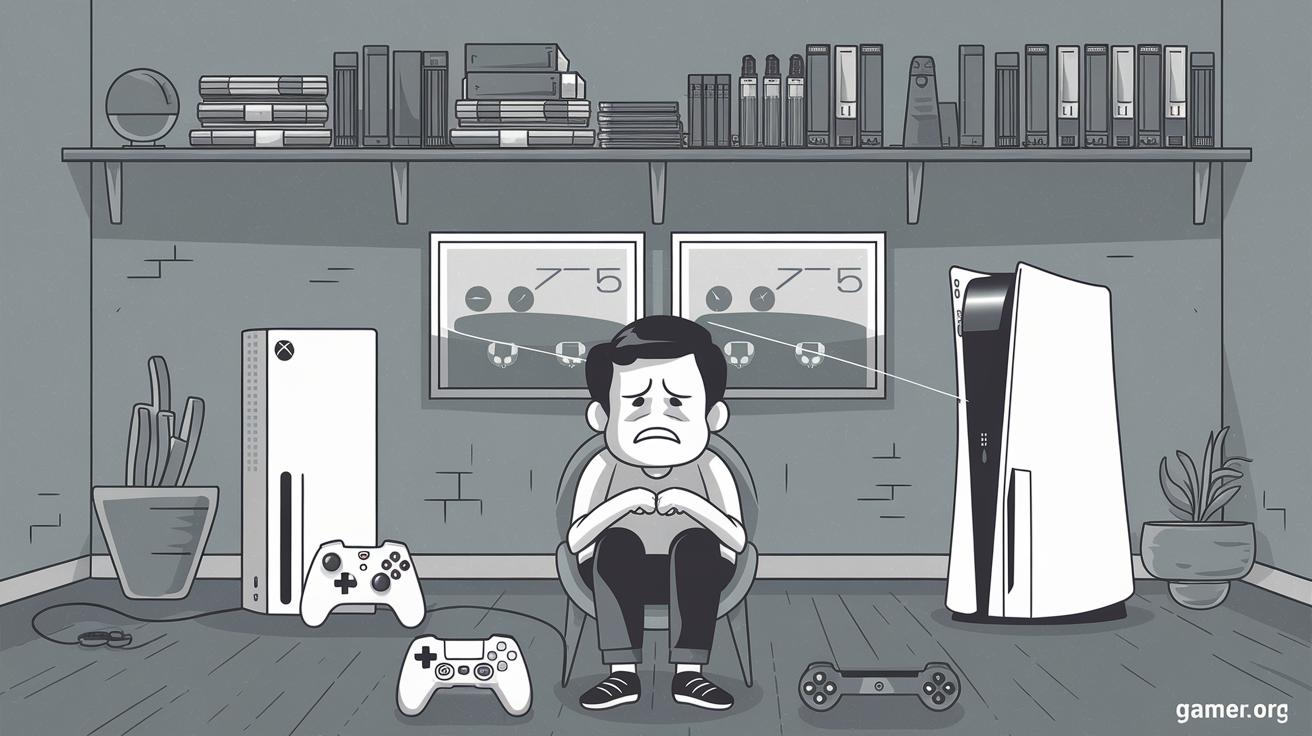Xbox’s Weakness Is Hurting PlayStation More Than You Think

The gaming industry faced a wave of speculation this past weekend as multiple gaming journalists and major gaming websites discussed whether console gaming is on the decline. Specifically, much of the discourse revolved around PlayStation. Despite Sony’s record-breaking quarter, selling 9 million PS5 units in just three months, critics argue that PlayStation isn’t doing enough. Some suggest this signals trouble for the future of video games. However, as a dedicated console player who spends countless hours collecting Platinum trophies, playing on Game Pass, and using a Nintendo Switch, it seems premature to declare PlayStation dead. Let’s break it down.
Analyzing the Latest Sales Figures
Recent sales data, released late Friday night, sheds light on the performance of Sony, Microsoft, and Nintendo. PlayStation remains the clear market leader, with PS5 and PS5 Pro units selling rapidly. However, specific regional figures from Japan and Europe indicate a 21% decline in console sales. This decline, at first glance, seems alarming. However, a significant portion of it stems from Xbox’s record-low sales. In 2024, Xbox sold only 2.7 million consoles—the lowest figure in two decades.
The discussion around PlayStation’s perceived decline isn’t about poor performance but rather a lack of excitement. Previous generations, such as the PS2, PS3, and PS4, generated immense hype with exclusive titles and rapid game releases. In contrast, the current PlayStation strategy relies heavily on remasters, including The Last of Us and Days Gone. Even devoted fans find it hard to justify repeated remakes instead of fresh, innovative experiences.
The PlayStation vs. Xbox Dynamic Has Shifted
Destin Legarie, a well-known gaming personality, recently sparked debate with his take on PlayStation’s position. He pointed out that while the PS5 has reached 75 million units, the PS4 had hit 76 million in the same time frame. Some argue that factors like the pandemic, chip shortages, and the PS5’s higher price contributed to the slight dip. However, Legarie’s argument highlights a broader concern: has PlayStation lost its momentum?
In previous console generations, PlayStation thrived by directly competing with Xbox. The rivalry between Gears of War and Uncharted, or Halo versus Killzone, fueled passionate debates and brand loyalty. When Xbox made a misstep, such as the always-online requirement for the Xbox One, players jumped ship to PlayStation. The lack of direct competition now means PlayStation operates in a less contentious market, reducing the urgency to innovate.
Nintendo’s Success Further Shifts the Landscape
While PlayStation and Xbox battle declining sales, Nintendo continues to dominate. The Switch is now the highest-selling game console ever, with an industry-leading attach rate—owners purchase an average of 25 games per console. Nintendo thrives despite its weaker hardware, limited online functionality, and lack of high-budget exclusives. Meanwhile, PlayStation positions itself as the “hardcore gaming” brand, offering major titles like Spider-Man 2 and Helldivers. Yet, without direct pressure from Xbox, the sense of urgency to deliver groundbreaking experiences has diminished.
What’s Next for PlayStation and Console Gaming?
Despite declining hardware sales, PlayStation’s software and services continue to grow. Digital game purchases, DLC, and microtransaction revenue are all up. The introduction of 120 FPS gaming via PS5 Game Cloud and the success of the PlayStation Portal handheld device indicate that Sony is still evolving. However, without an active rivalry with Xbox, excitement surrounding PlayStation’s future feels muted.
Xbox, once a major competitor, now focuses on ecosystem expansion rather than direct hardware competition. This shift leaves PlayStation largely unchallenged, reducing the competitive spirit that once drove console innovation. Without strong opposition, will PlayStation continue to push boundaries, or will it settle into complacency? The gaming industry thrives when all platforms are at their best, but with Xbox stepping back, PlayStation must find new ways to reignite player enthusiasm.













